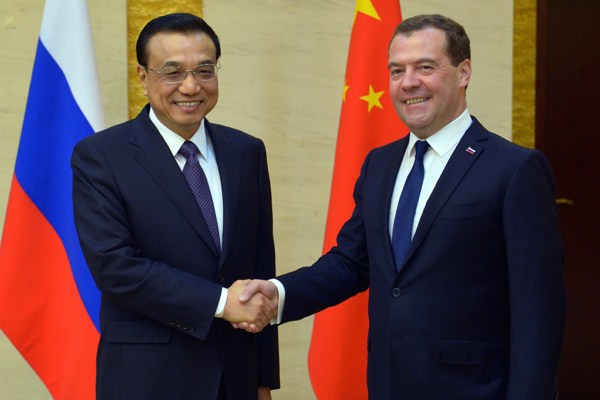Beginning in January and accelerating in the last week of March, senior State Department officials have been making high-profile speeches on U.S. interests and policies regarding Central Asia. The policy rollout culminated on March 31, when Deputy Secretary of State Antony J. Blinken delivered a speech at the Brookings Institution on Washington’s long-term vision for Central Asia. Combined, the speeches offer insight into Washington’s approach to the resource-rich and highly contested region.
As some observers have pointed out, one novel element of that approach is an explicit U.S. attempt to praise China’s growing presence in Central Asia, while condemning that of Russia. The presumption behind the rhetorical framing seems to be that Beijing can help check Moscow’s resurging influence in the region. However, the general harmony and occasional mutual support China and Russia offer each other in Central Asia will make it difficult for Washington to exploit their modest divisions.
In fact, Central Asia is probably the region in the world where Beijing and Moscow share the strongest interests and have been most successful in managing their differences. Whereas many observers might have expected Central Asia to emerge as a field of rivalry between Beijing and Moscow following the Soviet Union’s disintegration, the two countries have actually succeeded in co-managing the region, often under the rubric of the Shanghai Cooperation Organization (SCO), which they jointly lead.

